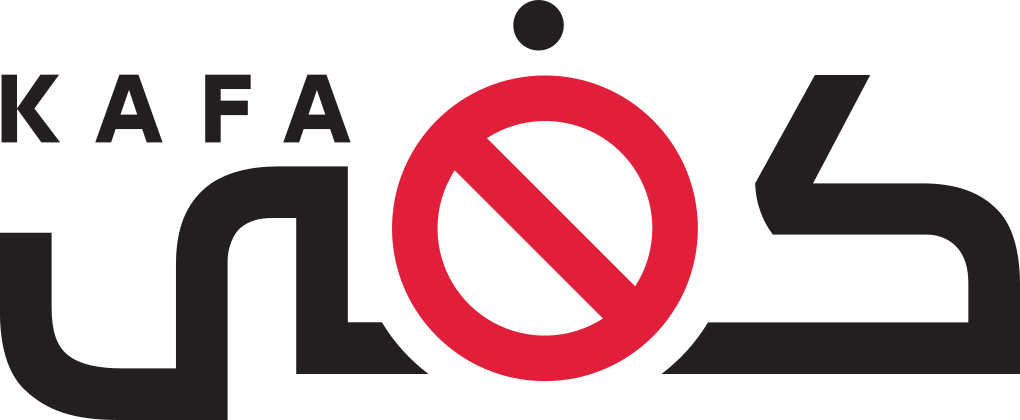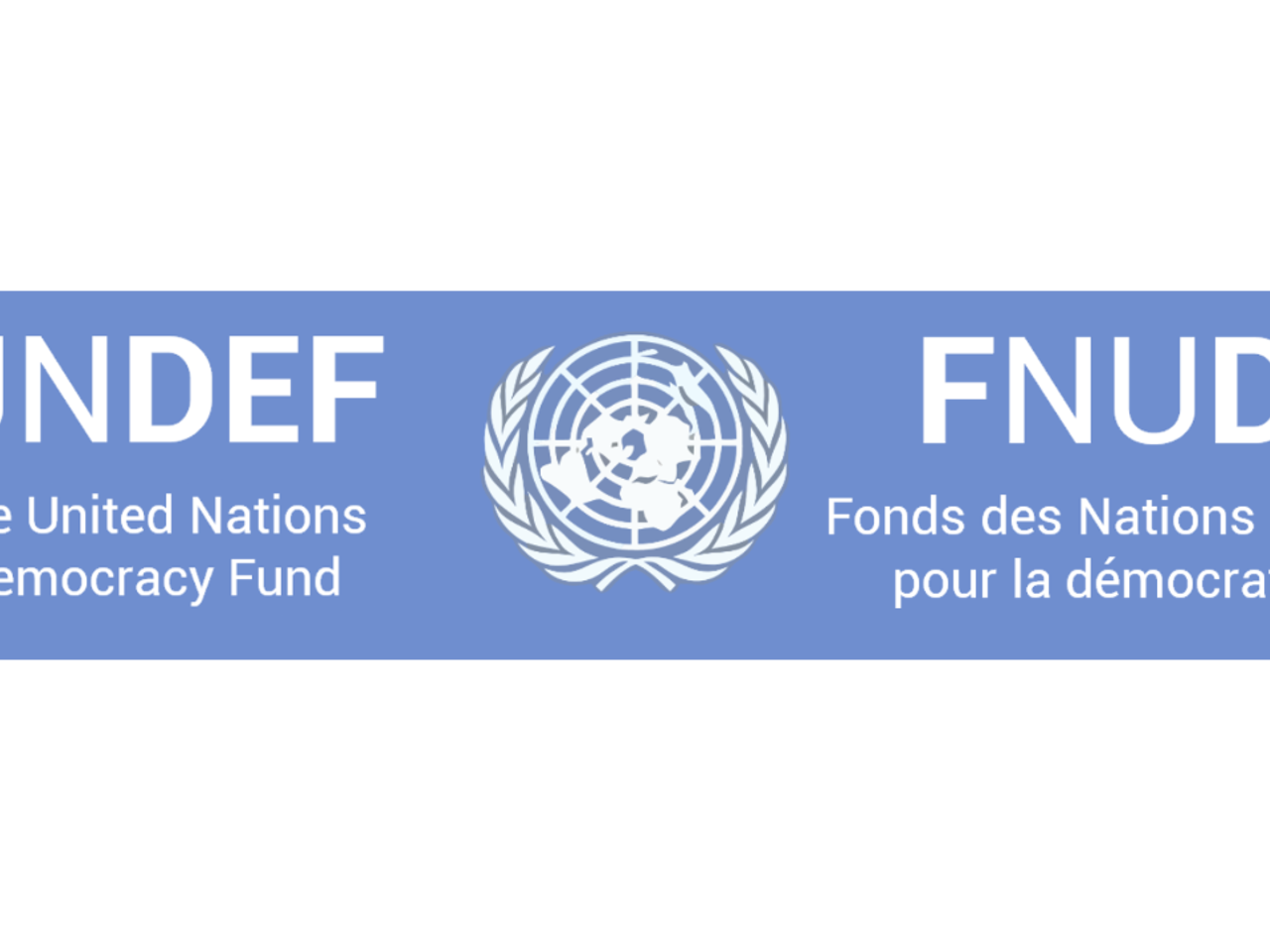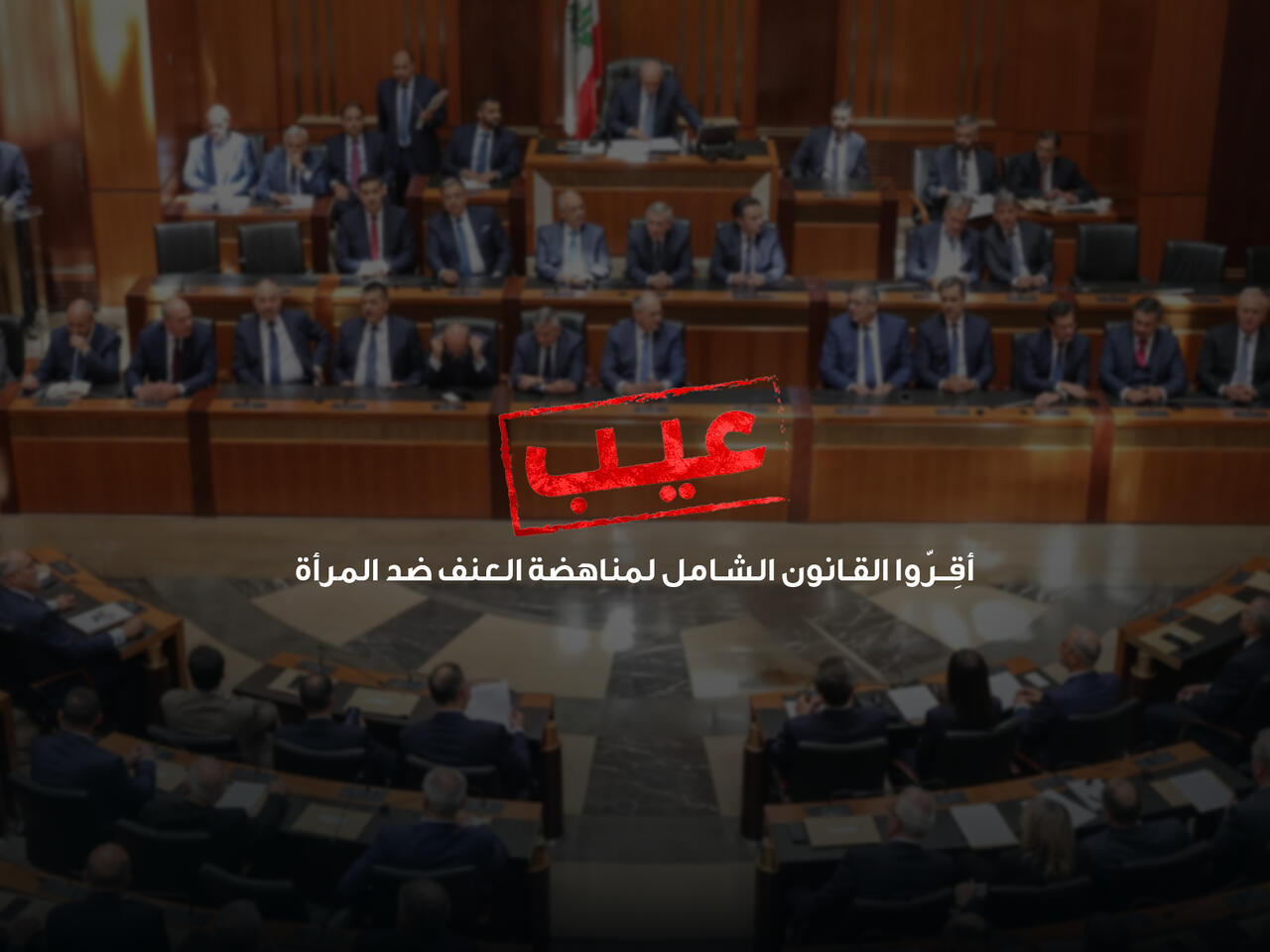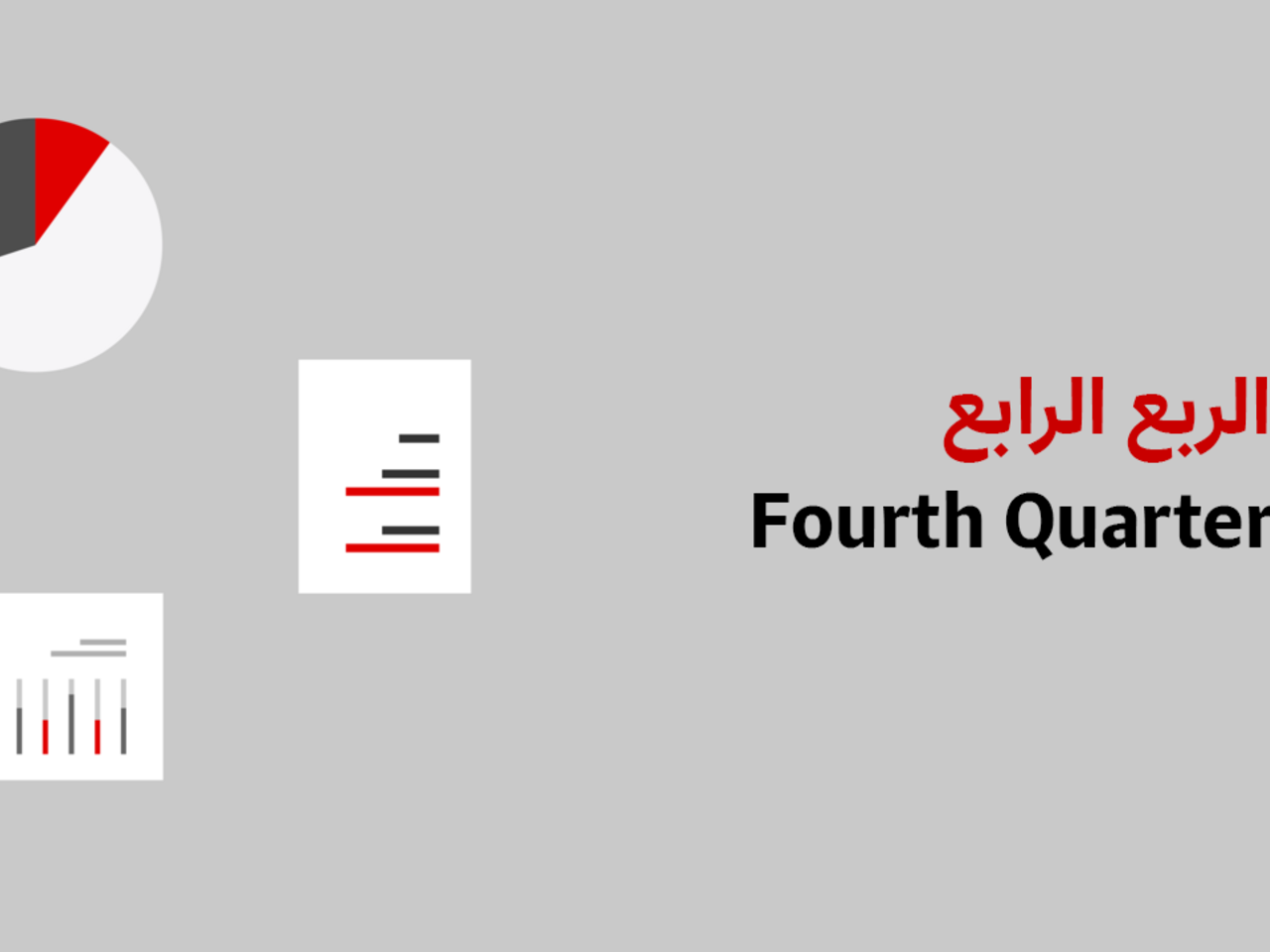KAFA proposes alternatives to the “sponsorship system” for migrant domestic workers in Lebanon
KAFA (enough) Violence & Exploitation organized at UNESCO palace on the 24th of February 2012, a discussion with the former Minister of Labor, Dr. Charbel Nahhas, on KAFA’s new policy paper,“Reforming the Sponsorship System for Migrant Domestic Workers: Towards an Alternative Governance Scheme in Lebanon”. The discussion was attended by national and international civil society organizations, as well as independent activists, journalists and leaders of migrant communities in Lebanon.
The policy paper explores alternative approaches to the sponsorship system for migrant domestic workers (MDWs) in Lebanon and recommends concrete improvements to reform the system. The sponsorship system is comprised of various customary practices, administrative regulations and legal requirements that tie a migrant domestic worker’s residence and work permit to one specific employer. In practice, this system denies MDWs their basic rights, such as freedom of movement and freedom of association, and makes them vulnerable to exploitation and trafficking.
Lawyer and researcher Kathleen Hamill introduced the discussion with a brief presentation of the main findings of the study. She pointed out the core problems created by the sponsorship system in Lebanon and described it as a system that reinforces dependency between Lebanese employers and MDWs and the master/servant relationship; compromises the employment mobility of workers; violates their freedom of movement, as well as their right to legal redress, compensation and labor protection. Hamill also indicated that this paper compares how governments in the United Kingdom, Hong Kong, and Bahrain regulate the employment and residence of migrant workers, highlighting good practices which can be applied within the Lebanese context.
This paper recommends concrete improvements, and suggests practical ways to reform the current system in order to establish a rights-based approach to the employment and residence of domestic workers in Lebanon. The main policy recommendations are: Increasing labor mobility of MDWs; decoupling employer/employee relationship; improving the recruitment process and regulating private agencies more strictly; decreasing the number and vulnerability of migrants in irregular status; ensuring social protections and legal redress; establishing a national coordinating body and building the capacity of the National Employment Office.
In his comments on the recommendations of the policy paper, Adib Abou Habib, head of the Syndicate of Printing Press Employees Unions and founder of the Lebanese Observatory of the Rights of Workers and Employees, stressed the importance of rejecting the kafala (sponsorship) system, and including agricultural and household workers under the protection of the Lebanese labor law. Habib also emphasized the need to revive the role of the National Employment Office which is “by law, the sole body in charge of organizing the labor market in Lebanon”, insinuating that private recruitment agencies today operate illegally by bypassing the Decree Law by using the word “recruitment” instead of “employment”. Habib also accused the trade union movement in Lebanon of not taking domestic workers’ issues seriously, and he called for guaranteeing their rights, including their right to live outside their employer’s house. He also criticized the Lebanese government for not yet ratifying the International Labor Organization Convention on domestic work. He called for a revision of the Lebanese labor law to ensure that it is in line with international conventions.
The former Minister of Labor, Dr. Nahhas, presented the plan he started working on as the Minister of Labor, expressing his regret for not being able to issue a new work contract for domestic workers because of the short time between his resignation and its acceptance by the Government. Nahhas announced that a new memorandum of understanding was signed with the government of the Philippines and that a Memorandum of Understanding (MoU) and an implementing protocol were agreed to and are waiting for the approval of both the Lebanese and Filipino governments.
Nahhas highlighted the need to put pressure on the Lebanese government so that it approves the MoU and the implementing protocol as it was written. The protocol includes the issuing of a new Unified Contract for Migrant Domestic Workers, which requires that MDWs’ salaries be paid to a bank account subjected to regular scrutiny, requires the presence of a translator when the domestic workers and employer sign the contract at the Ministry of Labor, and guarantees the worker’s right to terminate her contract through a notification system, and reaffirms the National Employment Agencies role in overseeing the entry and employment of MDWs.
Nahhas also stated that a number of amendments to be introduced in the Labor Law, such as the inclusion of all workers under the coverage of the labor law -in other words ending the exclusion of agricultural and domestic workers from the law- were already sent to the Cabinet of Ministers before his resignation. The former Minister hoped that the new protocol will be approved and called on civil society to stop using words like “kafeel” and other expressions that reflect misconceptions, and encouraged them to relinquish the prevailing social norms.
The discussion and the policy paper are part of the program “Stop the Exploitation of Migrant Domestic Workers in Lebanon”, supported by the Norwegian Embassy in Lebanon.





